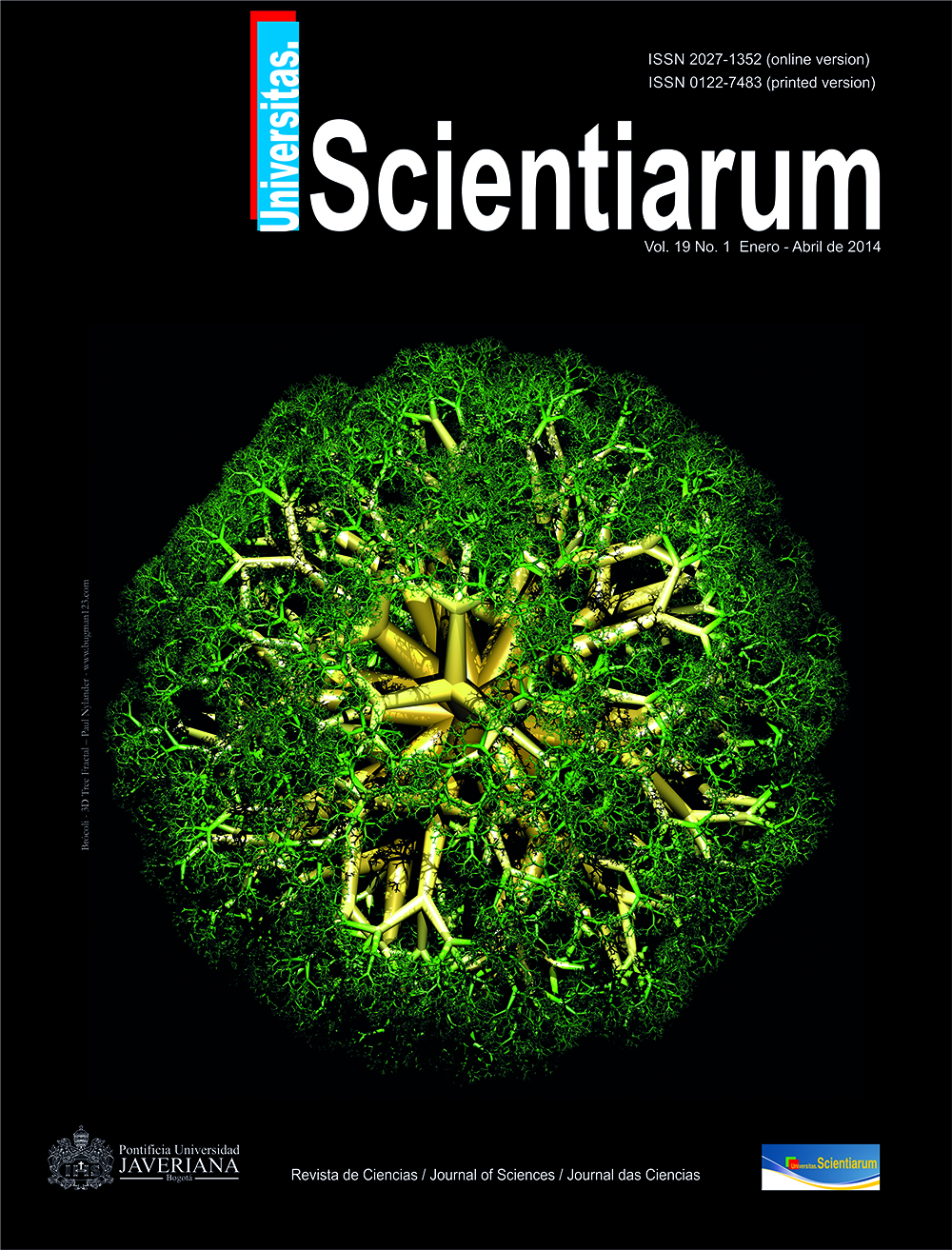Medición de la citotoxicidad y producción de citocinas en fibroblastos gingivales humanos estimulados con Mercurius−Heel®S: Un estudio piloto
Published
Jun 16, 2014
Almetrics
Dimensions
##plugins.themes.bootstrap3.article.details##
Abstract
Mercurius–Heel®S is a homeopathic remedy used to treat infectious diseases such as gingivitis and periodontitis, mainly in the oral cavity. The main component of this drug is the Mercurius solubilis. Its cytotoxic effect was established based on cell viability and its anti-inflammatory effect by measuring the cytokines Mercurius–Heel®S on human gingival fibroblasts (FGH). We treated cells with Mercurius–Heel®S at concentrations of 300 mg/ml to 0.0005 mg/ml and left untreated cells as a control. Cell viability was measured using the MTS® colorimetric assay and the expression of cytokines (IL1b, TNFa e IL10) present in cell supernatants was performed with Quantiquine® ELISA. From 3.7 mg/ml to 0.0005 mg/ml, we observed a significantly higher increase in cell viability in comparison to the control (lower concentrations of the drug). Cytokine production was not significantly different at different concentrations of Mercurius–Heel®S. There was no significant increase in IL1b, IL10 and TNFa and Mercurius–Heel®S showed no cytotoxic effect on FGH.
Keywords
Fibroblast, Mercurius–Heel®S, cytotoxicity, cytocines.
References
How to Cite
García, A., Patiño, L., & Rueda, G. (2014). Medición de la citotoxicidad y producción de citocinas en fibroblastos gingivales humanos estimulados con Mercurius−Heel®S: Un estudio piloto. Universitas Scientiarum, 19(3), 225–232. https://doi.org/10.11144/Javeriana.SC19-3.mcpc
Issue
Section
Biomedical Sciences


